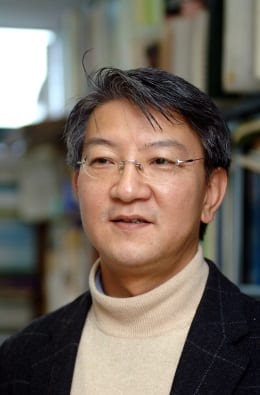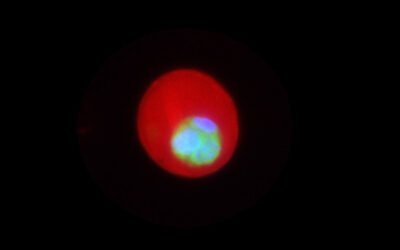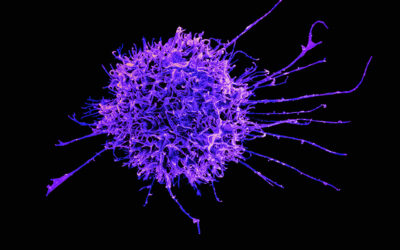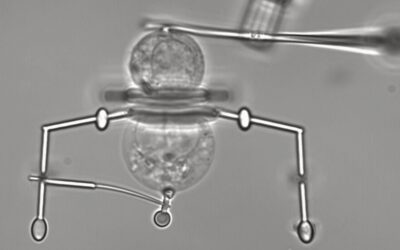Distinguished Professor Sang Yup Lee of the Department of Chemical and Biomolecular Engineering, Korea Advanced Institute of Science and Technology (KAIST) was elected as a foreign associate to the US National Academy of Sciences (NAS) on May 2nd. Professor Lee was also elected in 2010 as a member of the US National Academy of Engineering (NAE) for his leadership in microbial biotechnology and metabolic engineering. Professor Lee became the first Korean elected to both the NAS and the NAE in the USA.
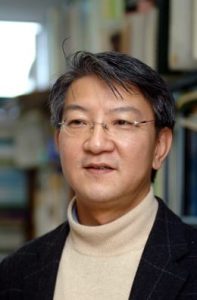 Professor Lee is currently the Dean of KAIST Institutes, the world leading institute for multi- and interdisciplinary research. He is also serving as Co-Chair of the Global Future Council on Biotechnology and member of the Global Future Council on the Fourth Industrial Revolution, World Economic Forum. He is currently a member of Presidential Advisory Council on Science and Technology and also a member of Government Performance Evaluation Committee. Professor Lee is currently serving as the Editor-in-Chief of Biotechnology Journal and editor and editorial board member for numerous journals.
Professor Lee is currently the Dean of KAIST Institutes, the world leading institute for multi- and interdisciplinary research. He is also serving as Co-Chair of the Global Future Council on Biotechnology and member of the Global Future Council on the Fourth Industrial Revolution, World Economic Forum. He is currently a member of Presidential Advisory Council on Science and Technology and also a member of Government Performance Evaluation Committee. Professor Lee is currently serving as the Editor-in-Chief of Biotechnology Journal and editor and editorial board member for numerous journals.
Professor Lee’s research field includes metabolic engineering, systems biology, synthetic biology, industrial biotechnology and nanobiotechnology.
Professor Lee and Prof. Kyung-Jin Kim (Kyungpook National University) recently published two papers (DOI: 10.1002/biot.201600648 & DOI: 10.1002/biot.201600649) in Biotechnology Journal which unveiled the 30-year mystery of polyhydroxyalkanoate (PHA) synthase. The work will serve as essential information in creating designer and more efficient bioplastic machineries. Clostridium acetobutylicum has been receiving renewed attention as a model organism for production of valuable industrial chemicals. Prof. Lee’s team performed comprehensive genome analysis (DOI: 10.1002/biot.201600457), efficient gene knockout (DOI: 10.1002/bit.26077), and enhanced gene expression (DOI: 10.1016/j.jbiotec.2016.05.020) of C. acetobutylicum, and demonstrated its utility through production of valuable chemicals and fuels. Corynebacterium glutamicum is an organism widely used for the production of amino acids, proteins, monomers for plastic materials, as well as compounds for cosmetics. Prof. Lee and colleagues successfully developed CRISPR/Cas9-coupled recombineering for metabolic engineering of C. glutamicum (DOI: 10.1016/j.ymben.2017.06.010), and also metabolically engineered C. glutamicum to efficiently produce L-ornithine (DOI: 10.1002/bit.25440) and 5-aminovaleric acid (DOI: 10.1016/j.biortech.2017.05.131 & DOI: 10.1186/s12934-016-0566-8).
In addition to the above tip of the iceberg of Professor Lee’s recent work, his team has made significant advances in the development of upstream-to-downstream processes for the production of various primary metabolites, recombinant proteins and natural and non-natural polymers. Some of these include gasoline, ultra-high molecular weight spider silk protein, putrescine, polylactic acid, poly(lactic-co-glycolic) acid, and more recently lactams and even terephthalic acid.
Text kindly contributed by Dr. Jing Zhu and Prof. Sang Yup Lee.

